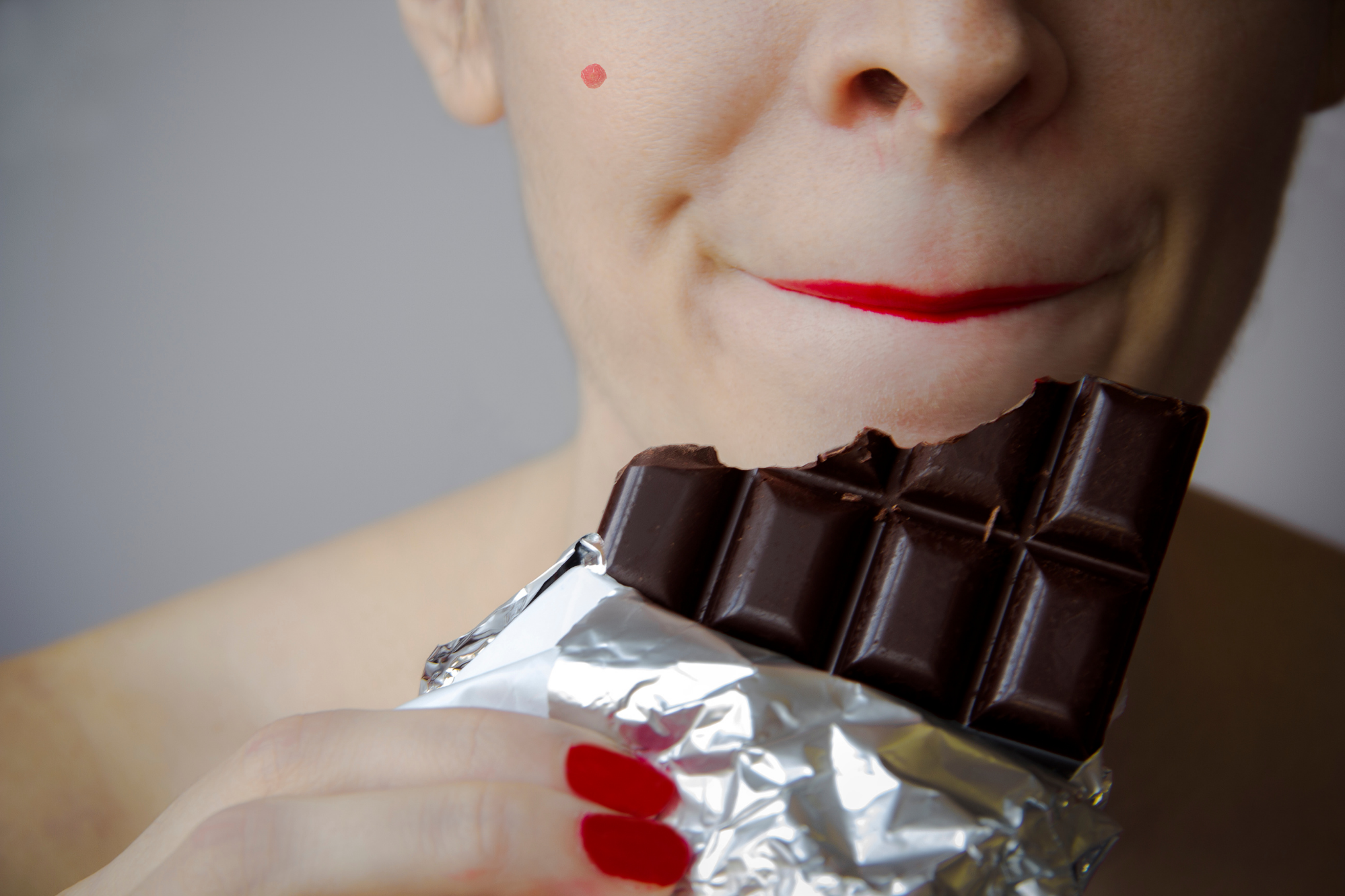Why acne should be treated through diet

From a young age we are exposed to all sorts of marketing claiming miracle cures for skin problems. Pharmaceutical companies actively target teens, and make sweeping claims about their products. How many "Number one dermatologist recommended brands" can there be?!
Skincare products aren't the only acne treatment

While skincare products play an important role in treating acne and other inflammatory skin conditions, they can't treat what's going on underneath your skin.
Most mass market products are not medical grade, and aren't strong enough to penetrate the dermis. They can only reach the top layers of the epidermis, which means they are topical. Topical ingredients can help treat the symptoms of acne, but don't address the underlying cause. Your body needs nourishing from the inside out, from the cellular level, to see the best results.
Dermatologists recommend following a low glycemic index diet to prevent acne. This diet is especially effective against inflammatory acne, characterized by papules and pustules. These symptoms come from excess sebum production, and the food we eat can contribute.
How diet affects acne breakouts

The glycemic index (GI) measures how food affects blood glucose levels. The higher the number, the worse the sugar spike. Low GI foods digest slowly and are less likely to affect blood sugar. High GI foods also boost sebum production, making skin oilier.
Examples of low GI foods include most fruits and vegetables, whole grains, pasta (surprisingly!), nuts, and low-fat dairy products.
High GI foods include white bread, white rice, potatoes, chips, some fruits (such as watermelon and pineapple), breakfast cereals, cakes, and candy.
How does the glycemic index relate to acne? Through a bacteria called P. acnes. This bacteria lives on your skin and spends its life digesting the fatty acids from skin sebum. The more skin oil you produce, the more fuel P. acnes gets, and the more the bacteria grows. That's bad news, because P. acnes can cause acne breakouts.
Foods high in sugar and carbs stimulate androgen synthesis and sebocyte growth. Androgens are male hormones like testosterone, and both men and women have them. Sebocytes are the type of cells that produce skin oil (sebum). By triggering the production of androgens, that trigger the growth of oil-producing cells, high sugar and carb foods cause acne.
There is also a relationship between food, insulin levels, and the formation of acne. When insulin spikes, it triggers an inflammatory response as our bodies fight to neutralize the excess.
In conclusion
We can use our diet as a tool to balance our hormones and reduce sebum production that leads to acne. This is a key step in treating our skin from the inside out. Cutting back on carbs and sugar — and eating more antioxidants and healthy fats — is important for nourishing our skin. Low-carb diets reduce sebum production and inflammation. Additionally, antioxidants fight free radical damage, and good fats help repair our skin's lipid barrier.
Effective skincare is about taking a holistic approach to our skin. No amount of "miracle" products can repair damage that's more than skin deep. Clear, glowing skin comes from the inside, and we get the best results when we treat skincare as one part of a healthy lifestyle.
Contributor: Kelly Little